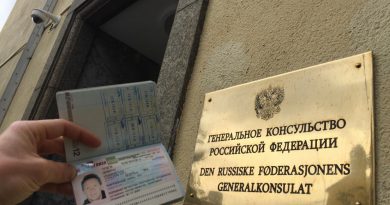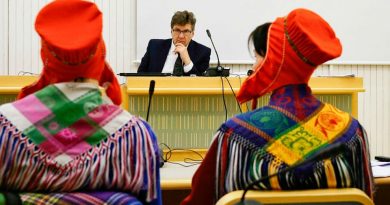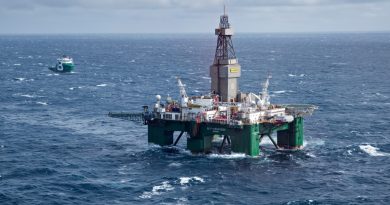Report recommends creation of Finnish space situational awareness centre
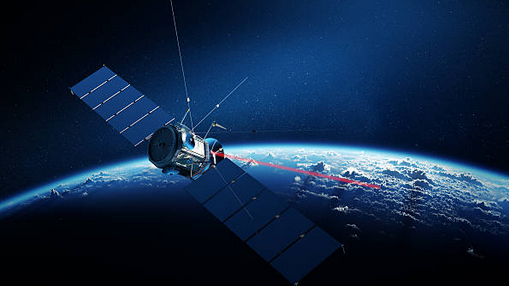
Given the growing importance of satellite systems in daily life, a Finnish report released on Wednesday recommends establishing a space situational awareness centre to effectively monitor and respond to any disruptions.
The systems, responsible for everything from remote sensing to communications, can be threatened by space weather and debris, to collisions with other satellites. Falling debris would also be hazardous to humans and infrastructure on earth.
Establishing a national space situational awareness centre would enable Finland to more effectively monitor and respond to near-space issues as they occur, the report said.
“At the moment, no authority in Finland has the responsibility for surveying and tracking disturbances and dangerous situations in space and space activities in a coordinated manner,” Finland’s Ministry of Transport and Communications said in a statement.
“The Finnish centre for space situational awareness would provide and disseminate this information to the Defence Forces, to other authorities and to companies critical to security of supply as well as to universities and research institutes. The centre would contribute to Finland’s goals in comprehensive security, such as national resilience, maintenance of the critical infrastructure, security of supply and cyber security.”
The centre would also allow the country to better coordinate with its international counterparts in responding to events in near space.
Boosting Finnish research
A steering group on the issue was appointed in October 2022 by the ministry to examine the issue.
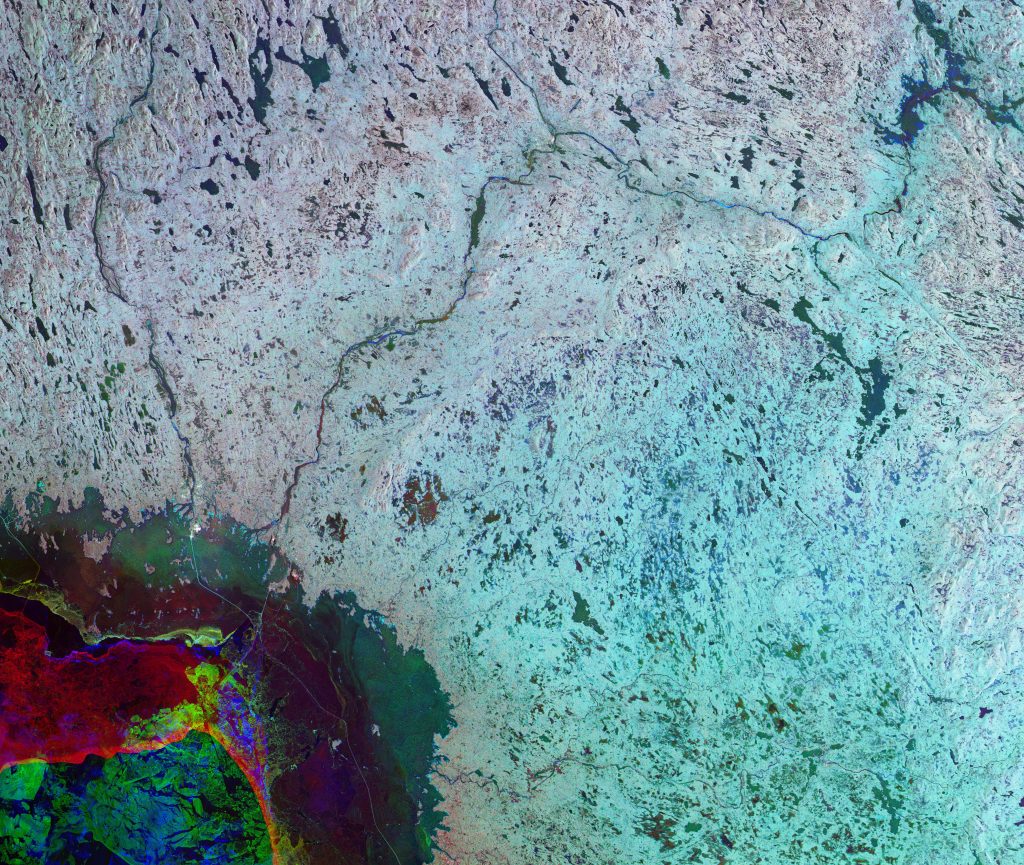
The body was chaired by Kaisa Laitinen, Director of Unit at the Ministry of Transport and Communications, and was made up of representatives from the ministries of Agriculture and Forestry; Education and Culture; Defence, the Interior, Economic Affairs and Employment; Foreign Affairs and Finance.
Knock-on effects of a space centre include promoting Finnish research, and being eligible to apply for space related research funding from the EU and the European Space Agency.
The report recommends the centre work in a decentralized way, with civilian leaders working with the Finnish Meteorological Institute, and the military leaders working with the Defence Forces, but still closely collaborating with each other.
The report recommends the centre be established by 2026.
Government decision to come
It’s estimated that the new center will need a total of EUR 5,135,000 ($7,723,000 CDN) in funding for the 2024-2027 period.
Finland’s incoming government will make the final decision on whether to give the project the go-ahead.
Write to Eilís Quinn at eilis.quinn(at)cbc.ca
Related stories from around the North:
Canada: Mysterious spiral of light spotted in North caused by SpaceX rocket, physicist says, CBC News
Finland: Finnair pilot flies off course to show passengers Northern Lights, Yle News
Greenland: Evidence of powerful solar storm which occurred 2,600 years ago found in Greenland ice, CBC News
Sweden: Arctic Sweden—Kiruna pivots from underground to outer space, Blog by Mia Bennett

